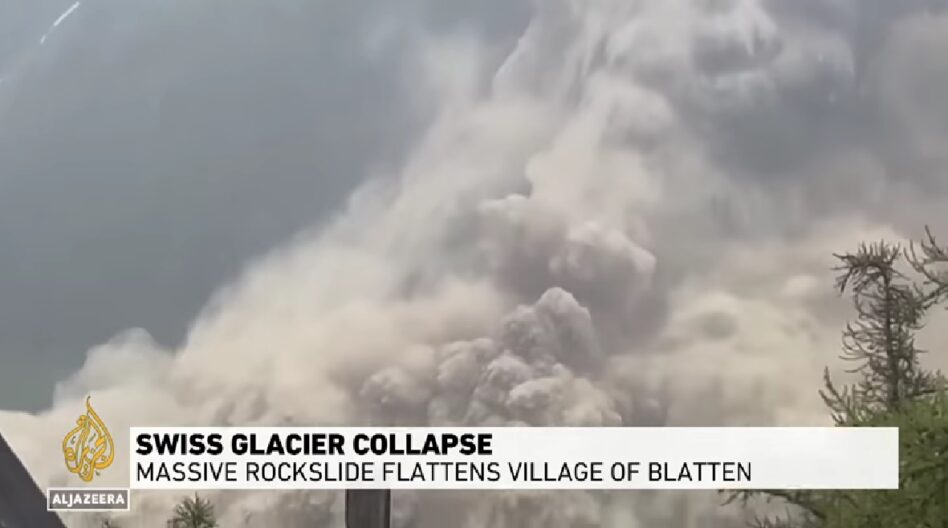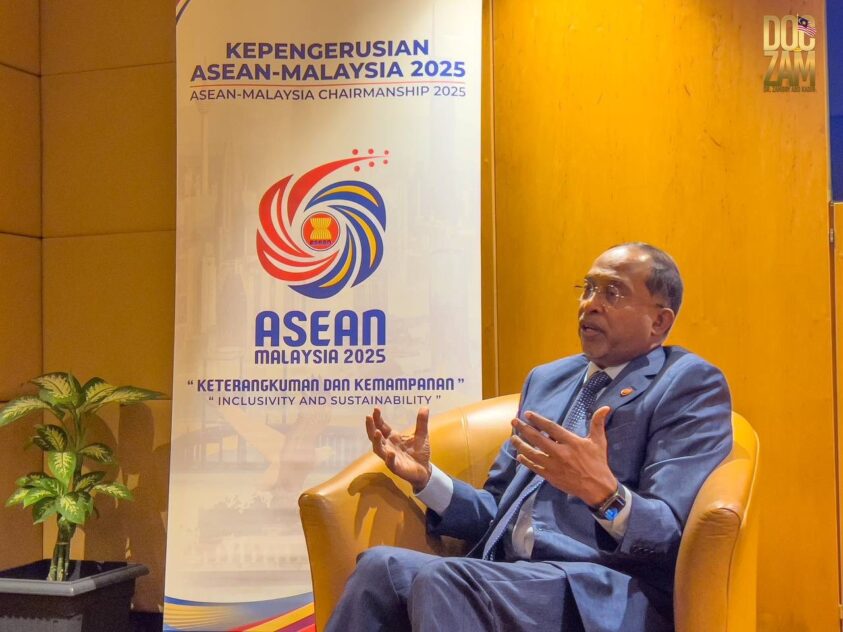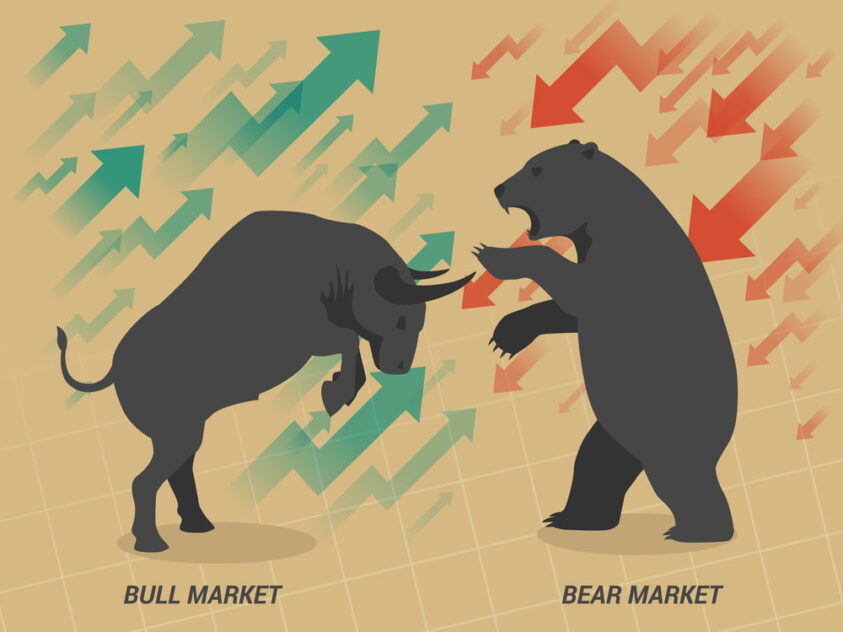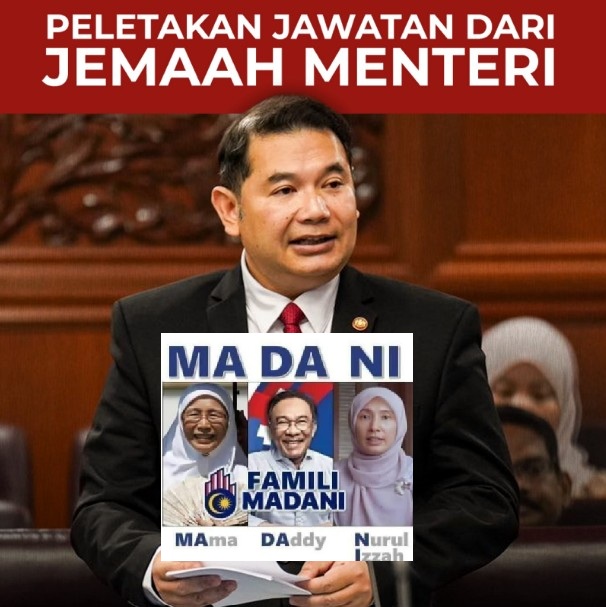
By Xavier Kong
IN the words of Daily Show host Trevor Noah, “if only there was some wise man in 2011 who could have predicted why this (the conflict with Iran) would be happening today.” This was said right before a clip was shown of current US President Donald Trump in 2011, where he said the president of the day, Barack Obama, will start a war with Iran due to an inability to negotiate, calling Obama weak and ineffective.
“So the only way he figures that he is going to get re-elected, and as sure as you are sitting there, is to start a war with Iran. I believe that he will attack Iran some time prior to the election, because he thinks that is the only way he can get elected. Isn’t it pathetic?” said Trump in that clip from November 2011.
Now, we hear news of a drone strike killing Major General Qassim Suleimani , the Iranian Revolutionary Guards Corps (IRGC), with the IRGC retaliating with a missile strike against two US bases. Bear in mind that the next US presidential elections will take place in November this year.
But jokes aside, Trump has also promised to impose more sanctions on Iran until “Iran changes its behaviour.” He claims that Iran is de-escalating, citing the fact that Iranian missile strikes on bases in Iraq did not harm any US troops stationed there and that damage was minimal, an outcome he said showed Tehran wanted to de-escalate a standoff.
However, would more sanctions really work?
Looking back, the US had applied sanctions to Iran since 1979, with the first instance coming as a response to a group of radical students who were part of the Muslim Student Followers of the Imam’s Line seizing the American Embassy in Tehran and taking the people inside hostage.
This developed into the Iran Hostage Crisis and lasted for 444 days, during which the sanctions included the freezing of about US$12 bil in Iranian assets, including bank deposits, gold and other properties, along with a trade embargo. These sanctions were lifted as part of the Algiers Accords, which marked the end of the Iran Hostage Crisis.
After that, more sanctions were imposed by the Reagan administration. This took the form of an embargo on Iranian goods and services in 1987, with the cause cited as “Iran’s support for international terrorism and its aggressive actions against non-belligerent shipping in the Persian Gulf,” according to the US Treasury. This was further expanded to cover firms dealing with the Iranian government in 1995.
Additional sanctions were imposed on Iran in 2006, with the demand from the US that Iran halt its uranium enrichment programme. These targeted investments in oil, gas, and petrochemicals, exports of refined petroleum products, and business dealings with the IRGC, encompassing banking and insurance transactions, including with the Central Bank of Iran. The United Nations also filed subsequent resolutions that expanded these sanctions, of which most were lifted as part of the Iran Nuclear Deal.
Between November 2018 and November 2019, the US slapped more sanctions on Iran, targeting its central bank as well as “any who deal with Iran or purchases its oil.” These were intended to force Iran to dramatically alter its policies in the region, including its support for militant groups in the region and its development of ballistic missiles. Now, we see Trump ready to slap even more sanctions on Iran in response to the missile strikes, though the news is that both sides appear to be deescalating.
The question remains, though: just who suffers more from these trade sanctions, the government/leaders of the country, or the people?
Branko Milanovic, an economist at the City University of New York, said during a National Public Radio (NPR) interview in Nov 2018 that sanctions against countries often make inequality in those countries worse because the sanctions tend to hit the people who have the least power and are the most economically vulnerable the hardest.
“Blanket sanctions, I think, actually are fundamentally wrong. Their objective is ostensibly to change the behavior of a certain government. But what they do – they punish people who actually don’t have any influence or very small influence on what the government does,” said Milanovic.
Dan Drezner, a professor of international politics at the Tufts University School of Law and Diplomacy, agreed, stating that “when you impose these kinds of sanctions, countries are much more likely to enact repressive measures that disproportionately affects the bottom half of the population.”
With that in mind, it just seems that any sanctions applied in the manner of how Trump wields them just causes more issues for the common folk, who usually have no say or influence on the rulers of their country, than on the rulers themselves.
Worse, it has been shown to further encourage a country to stand against the one who sanctioned them, shown through numerous cases in recent history. Professor Adam Roberts, a research fellow in the study of international relations at Oxford University, notes that this has been called the “Battle of Britain” effect, a throwback to when Britain stood alone against the German Luftwaffe in World War Two.
The people would be more inclined towards their leaders or government, who can just say “hey, the economy looks bad because so-and-so placed this sanction on us.” Just how is this supposed to inspire a change in policies, considering Iran has already promised to accelerate its nuclear programme if the European Union did not provide concessions to offset the US sanctions?
The sanctions are more likely to incite more hatred against the US, seeing as most other countries have already lifted any sanctions on Iran. This tension between the US and Iran is very likely to hang over the region, and any further escalation is likely to result in attacks on US-related assets.
This is supported by MIDF Research, who noted that the contradicting media statements released by both countries may ease the escalating tensions between them in the near term, but the situation could immediately turn south for both very quickly.
“While we do not believe at this juncture that further escalation will take place, we opine that should any escalation resulting from the attacks or rise in internal pressure happen, it will potentially result in a target placed on US-related assets and oil-related assets. This, in turn, could lead to a temporary disruption in oil supply and a rise in oil prices,” said MIDF.
Here’s hoping that the jokes about World War Three starting this year do not become prophetic statements instead. — Jan 11, 2020.









